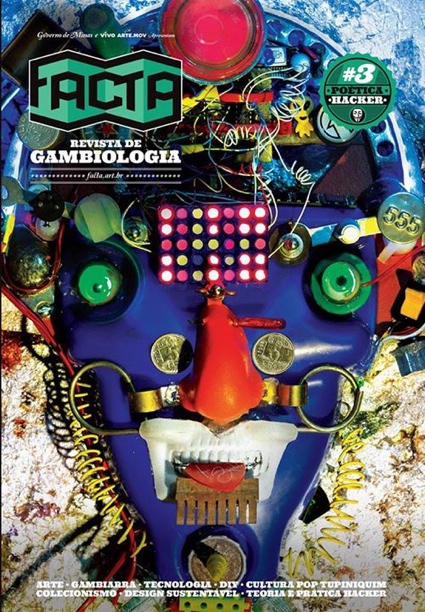
The third edition of the magazine Facta – Revista de Gambiologia is out. As usual, the texts are in Portuguese and English and the content is brilliant.
Facta is an experimental publication orchestrated by Fred Paulino and the Gambiologia group. The first issue of Facta addressed the ‘science of Apocalypse’, the next one looked at people who accumulate, collect and re-purpose. This issue is all about the hacker culture, poetics and ethics in all their guises and deeds.
I’m waiting from my paper copy to arrive from Belo Horizonte but in the meantime i had a quick look at the online edition of the magazine. It’s already available on ISSUU. As are Gambiologia’s previous publications. Hurray!
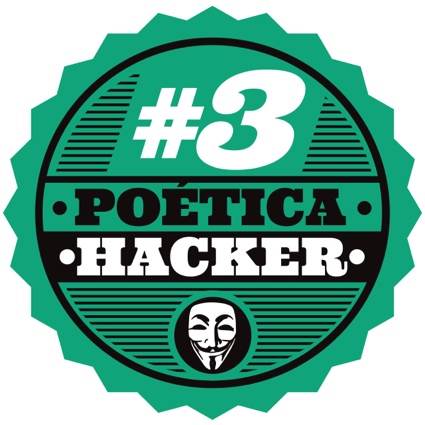
So what’s inside? Things you don’t expect and things you expected, only approached from a new angle.
Some of the articles explore hacking very directly. With a history of society’s perception of hacker. Up to today and what Brett Scott calls ‘the gentrification of hacking’ (meaning that pretty much anyone likes to call themselves a hacker, especially people busy making money in Silicon Valley.)
Or with a portrait of/homage to Aaron Swartz, the hacktivist and computer programmer who believed that knowledge should be available to all. His Guerilla Open Access Manifesto is also featured in the magazine.
I also liked the little tour of hackerspaces around the world: Bogohack in Bogota, Hacker Space Palestine in Gaza, Ihub in Nairobi, Raul Hacker Club in Salvador Brazil, Xinchejian in Shanghai, MadLab in Manchester, etc.
I discovered the existence of Kids Hack Day in Facta. KHD, which ethos is summed up in School is dead, learning is not, is a one-day hackathon in which children are invited to open up everyday objects and rebuild, re-purpose, reinvent them. The experiment started in Stockholm and rapidly spread to other cities.
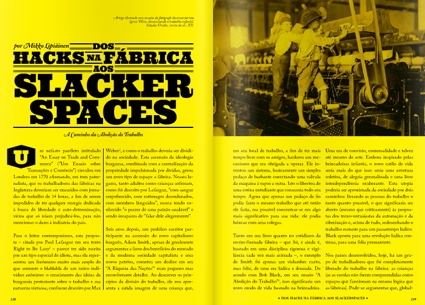 Inside Facta #3
Inside Facta #3
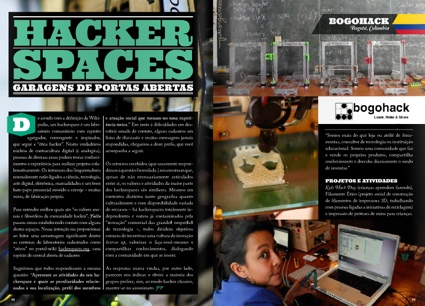 Inside Facta #3
Inside Facta #3
However, many of the articles put hacking into a broader context. Dispelling any misconceptions we might still have about hacking/hackers, looking at how the hacker ethic can be applied to all areas of life and calling for hacker culture that would focus more on social and ecological processes, rather than just technology.
Brett Scott wrote Hacking the future of money. Setting up a financial hackspace in which he explains why he is setting up The London School of Financial Arts, a space where creative minds apply the hacker philosophy to the financial system.
By the way, Brett Scott’s book Heretic’s Guide to Global Finance: Hacking the Future of Money is still up for download.
Maria Ptqk has a witty article about reality hacking that goes from Yes Men’s stunts to patterns of open sources technologies.
There’s also an essay about Steganography. The Art of Writing Hidden Posts. Steganography is the art of hiding message into message, image or objects. So it is a bit like cryptography. Only sneakier because you will probably never know there is a crypted message somewhere in front of you. Unless you look for it. Apparently, it’s one of Al Qaeda’s preferred mode of communication.
There’s an essay on Houdini, ‘Sense deprogrammer and supernatural debunker’ who was also working as a spy for US and UK secret services.
And i learnt about MSST, Movimento dos Sem Satélite (Movement of Peoples without Satelites.)
Of course, Facta also contains some great little tutorials. One shows how to resurrect and transform a burnt out bulb (a project by Thomas LEDison). Another explains how to make homemade hydrogen to inflate balloons.
We need more mags like Facta. It’s critical, smart and passionate. And it’s made by doers who are not afraid to dip their toes into theory, history and the social dimensions of technology.
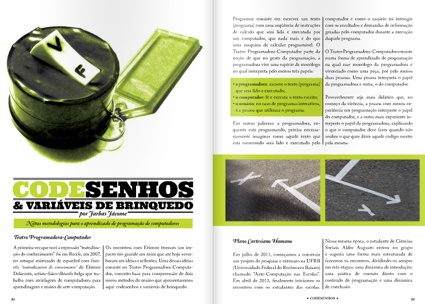 Inside Facta #3
Inside Facta #3
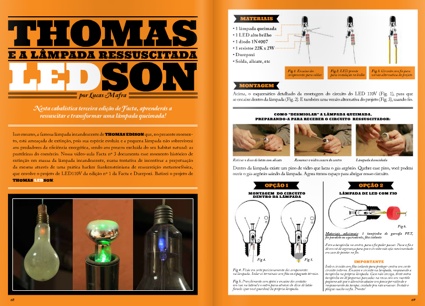 Inside Facta #3
Inside Facta #3
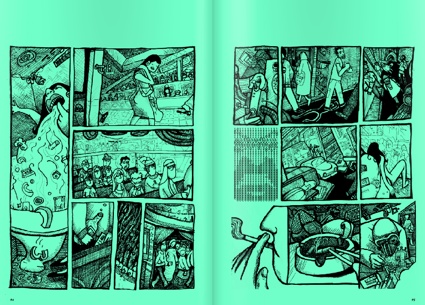 Inside Facta #3. Fernando Rabelo, HQML. Algoritmo Cotidiano
Inside Facta #3. Fernando Rabelo, HQML. Algoritmo Cotidiano
 Nicolas Larmessin, Habit d’orlogeur, circa 1700 (image)
Nicolas Larmessin, Habit d’orlogeur, circa 1700 (image)
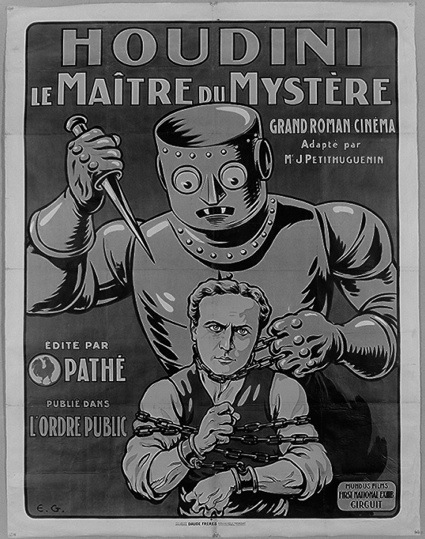 Houdini (image)
Houdini (image)
This way to buy a paper copy.
Previouslyy: Gambiologia, the Brazilian art and science of kludging and Magazines: Facta (the Gambiologia magazine), Neural and Aksioma brochures.
